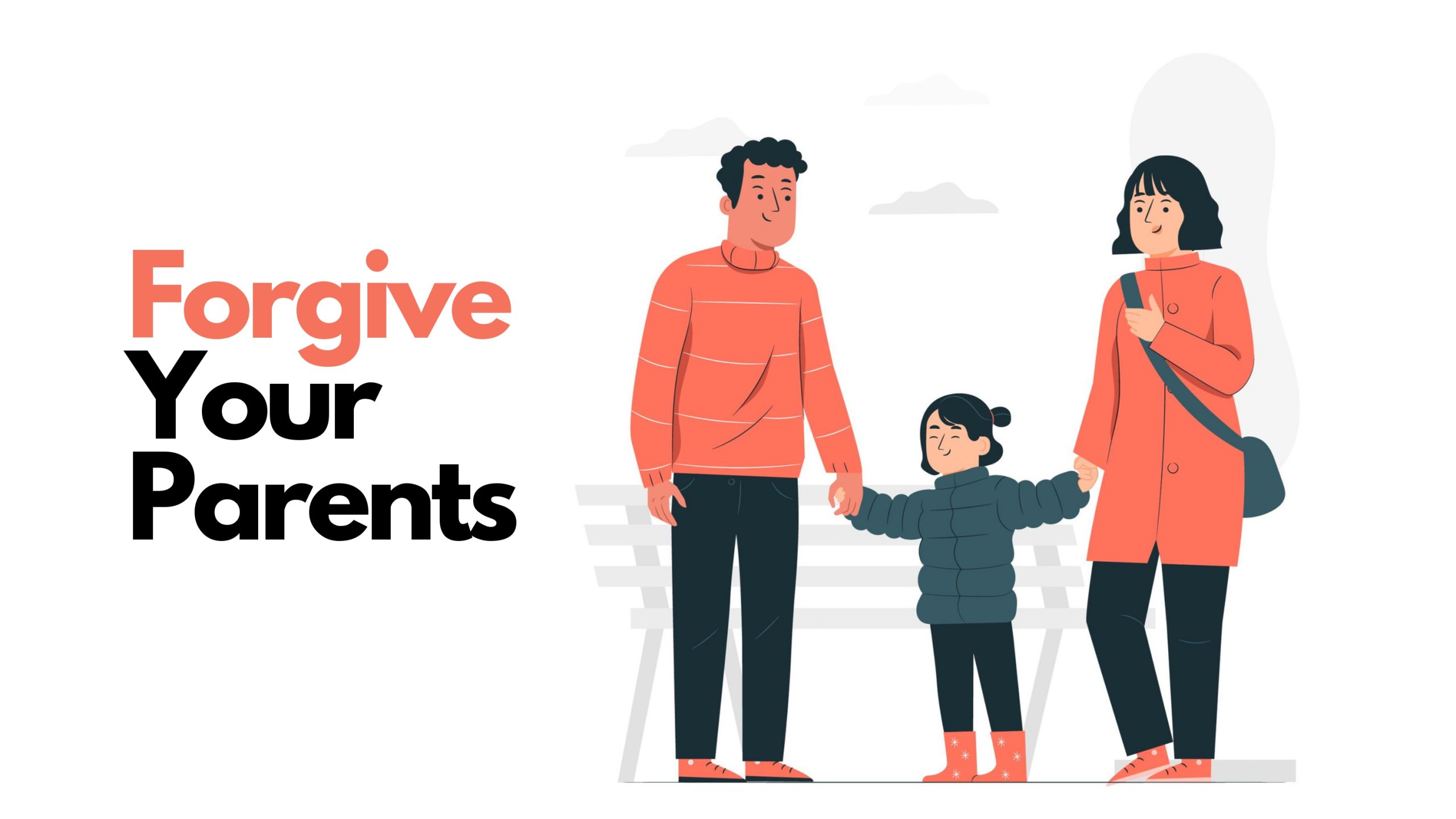Our relationship to our parents can be complicated. They are often the most influential people in our lives, and this influence can be both positive and negative. While as adults we need to recognize and work through the negatives to live fully and free of limitations, we often also develop anger towards our parents. Sometimes, it’s justified, if there was mistreatment, for instance. But in other cases, we might benefit more from a process of forgiveness. Here are the things we might need to examine and forgive our parents if we so choose.
Not being perfect parents
When we are little, we see our parents as all-powerful. They can do anything and achieve anything. But as we grow, we realize that parents are not quite so mighty. They are just people. Even as adults, though we know this rationally, it can be hard to accept on an emotional level.
But once we do accept this, it becomes easier to face that our parents didn’t do a perfect job, because they are not perfect. They are human, and all humans are flawed. It can be possible to forgive them for doing things in less than perfect ways, because we know that they tried. Making the peace with the idea that our parents are just as imperfect as anyone else is a big step towards forgiveness.
Learning as they went
One isn’t born knowing how to be a parent. Today, the Internet makes this task both easier and harder: there is a lot of information available, but this information can be contradictory or overwhelming. However, prior to this, information about many topics, from childcare to mental health were not so easily available. Parents had to learn by doing, which means that they sometimes made choices that were not the best.
It’s important to recognize that there were things that impacted us negatively. But we can still be willing to forgive our parents when we know that they were learning as they went along and trying to do better than before.
Not understanding you completely
Parents should make an effort to understand their children. But there are some things that can be hard to understand for reasons like the generation gap. This is perfectly normal and has probably been a factor in misunderstandings throughout the ages. However, in the last few decades, the world has changed radically.
It’s not just the technology but also the many cultural and societal shifts. It can be hard to keep up, and it is to be understood that people who are older have a hard time. If your parents made an effort to understand you, what you like, and what matters to you, it’s forgivable if they couldn’t understand everything about you.
Being distant sometimes
Our parents might have seemed far away sometimes, less emotionally available than we wanted or needed them to be. If that was all the time, it’s probably harder to accept, but if it was something that happened from time to time, there were likely good reasons for it.
Our parents were probably dealing with a lot of things that we didn’t see at the time – exhaustion, financial struggles, problems, and more. This means that often we just saw the surface, but likely there were other issues tied to a distant attitude.
Getting angry
Again, we will probably be more willing to forgive anger if it was the exception and not the rule. However, just like all people, our parents could sometimes get very emotional. Usually, anger is the emotion we remember the most, because it tends to leave the biggest impression and often wound us, if anger leads to upsetting words or acts.
But if our parents were angry, there could be reasons behind this anger. Sometimes, it was exhaustion or problems that we did not see as kids. As adults, we have the power to choose to forgive our parents.
It’s not always possible to forgive. If you are not willing, you have no need to do this. If you feel that you have suffered mistreatment or continue to be hurt by your family, you are probably going to be unwilling. But if you can, it might set you free and leave you feeling more peace and serenity in your daily life.



